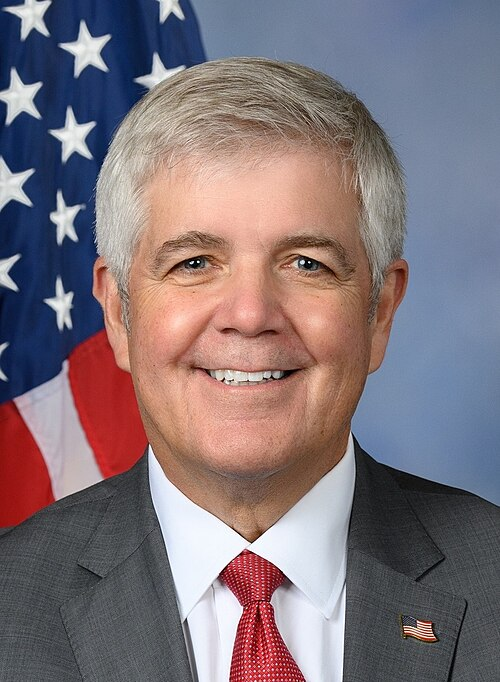H.R. 4101: Cancer Drug Parity Act of 2025
The Cancer Drug Parity Act of 2025 aims to amend the Employee Retirement Income Security Act of 1974 to establish rules regarding the cost-sharing of oral anticancer medications. Here are the main points of the bill:
Purpose
The bill intends to ensure that health insurance plans provide cost-sharing for oral anticancer drugs that is as favorable as the costs associated with intravenous or injectable anticancer drugs administered in a healthcare setting.
Key Provisions
- Cost-Sharing Parity: Insurance plans must treat oral anticancer medications the same as other anticancer treatments. If a plan covers drugs given by a healthcare provider, it must also offer similar terms for prescribed oral anticancer drugs.
- Medically Necessary Treatments: The bill applies only to those oral anticancer medications that are deemed medically necessary by a physician. This includes drugs that are approved by the FDA and are necessary for killing, slowing, or preventing the growth of cancerous cells.
- No Increased Costs: Plans cannot make changes that would result in higher out-of-pocket costs for patients regarding anticancer medications. This includes restrictions that could impose more costly measures for orally administered medications compared to those administered by a provider.
- Utilization Controls: The bill does not prevent insurance plans from utilizing prior authorizations or other appropriate methods of controlling the use of anticancer drugs.
- State Law Protections: If a state law provides greater protection regarding the coverage of orally administered anticancer medications, that state law will still apply regardless of the federal law.
- Definition of Cost-Sharing: The term 'cost-sharing' includes deductibles, coinsurance, copayments, and any maximum limits on these out-of-pocket costs.
Implementation Timeline
The new requirements will apply to health plans for plan years beginning on or after January 1, 2026.
Study Requirement
Within two years of the bill's enactment, the Government Accountability Office (GAO) will conduct a study to assess the impact of these new cost-sharing provisions. This study will compare out-of-pocket costs for individuals under the newly enforced sections with those who are not covered by them. The GAO will provide recommendations to Congress on how to improve access to these medications for individuals with health insurance plans.
Relevant Companies
- AMGN (Amgen Inc.): Amgen manufactures several oral cancer medications and may be impacted by changes in cost-sharing policies required by the bill.
- ABBV (AbbVie Inc.): AbbVie produces oral drugs for cancer treatment and could experience changes in demand based on insurance coverage modifications.
- NVS (Novartis AG): Novartis markets oral anticancer therapies and may be affected by alterations in insurance plan structures regarding these drugs.
This is an AI-generated summary of the bill text. There may be mistakes.
Sponsors
27 bill sponsors
-
TrackGlenn Grothman

Sponsor
-
TrackBecca Balint
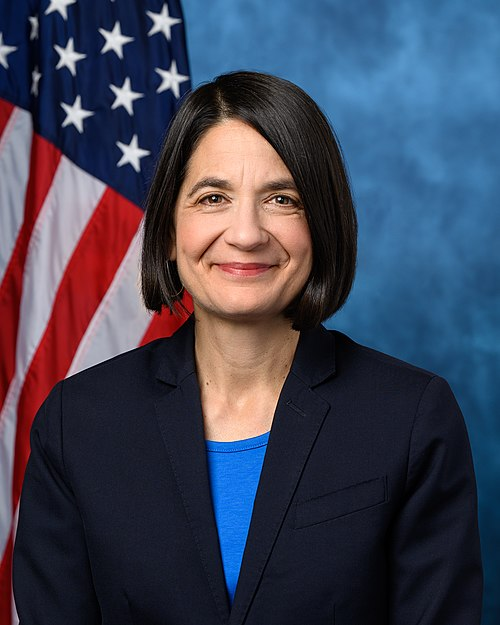
Co-Sponsor
-
TrackGus M. Bilirakis

Co-Sponsor
-
TrackSuzanne Bonamici
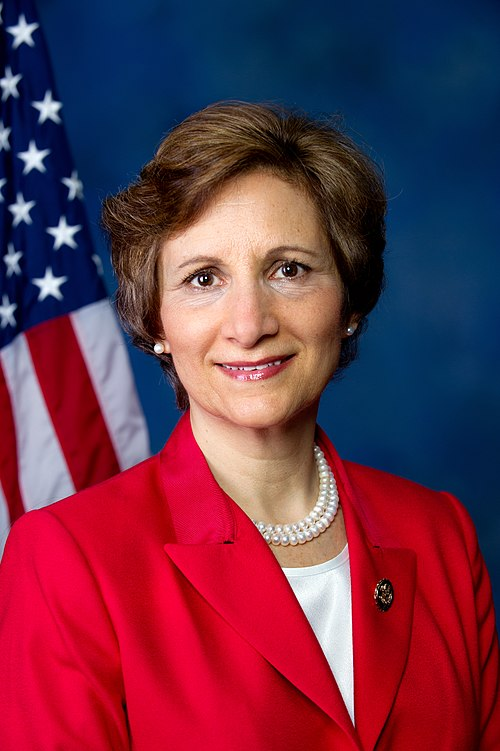
Co-Sponsor
-
TrackRobert Bresnahan

Co-Sponsor
-
TrackJulia Brownley
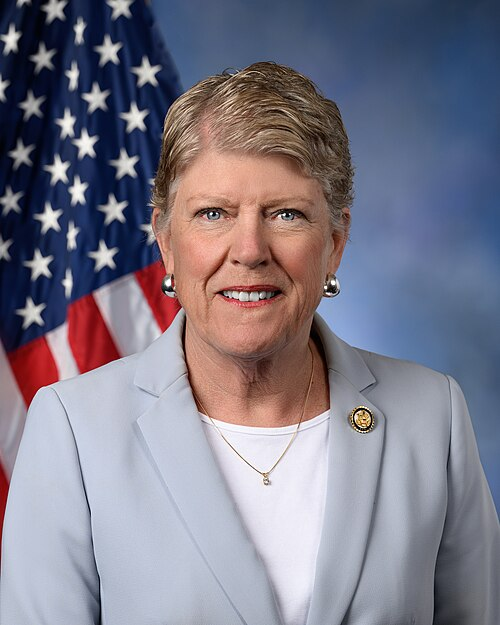
Co-Sponsor
-
TrackJanelle Bynum

Co-Sponsor
-
TrackKathy Castor
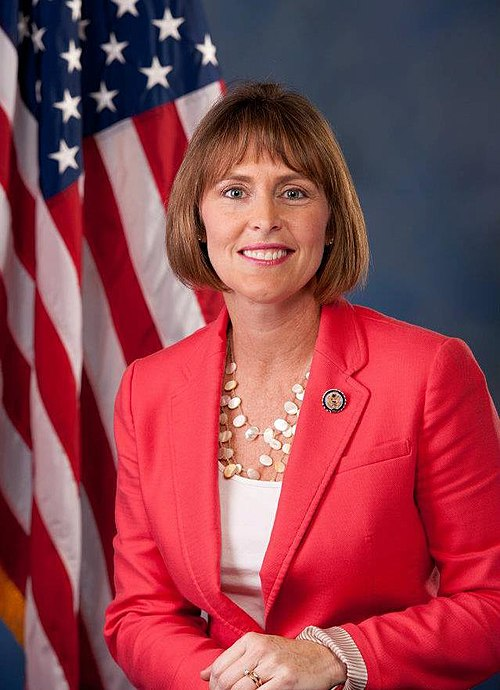
Co-Sponsor
-
TrackHerbert Conaway

Co-Sponsor
-
TrackSharice Davids
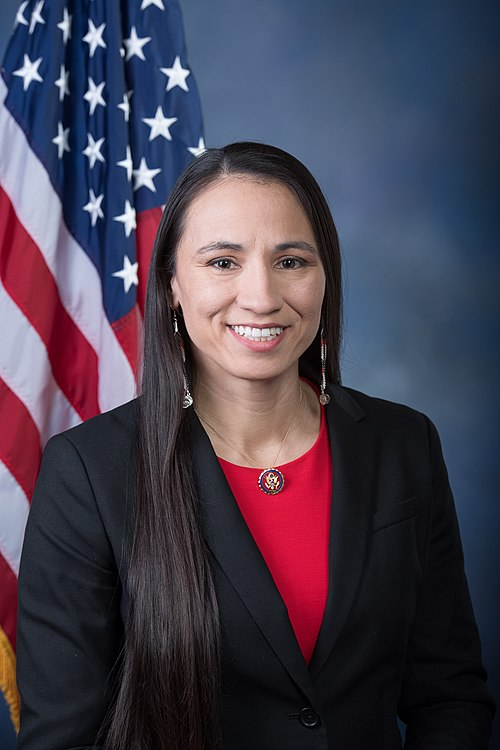
Co-Sponsor
-
TrackDonald G. Davis

Co-Sponsor
-
TrackBrian K. Fitzpatrick
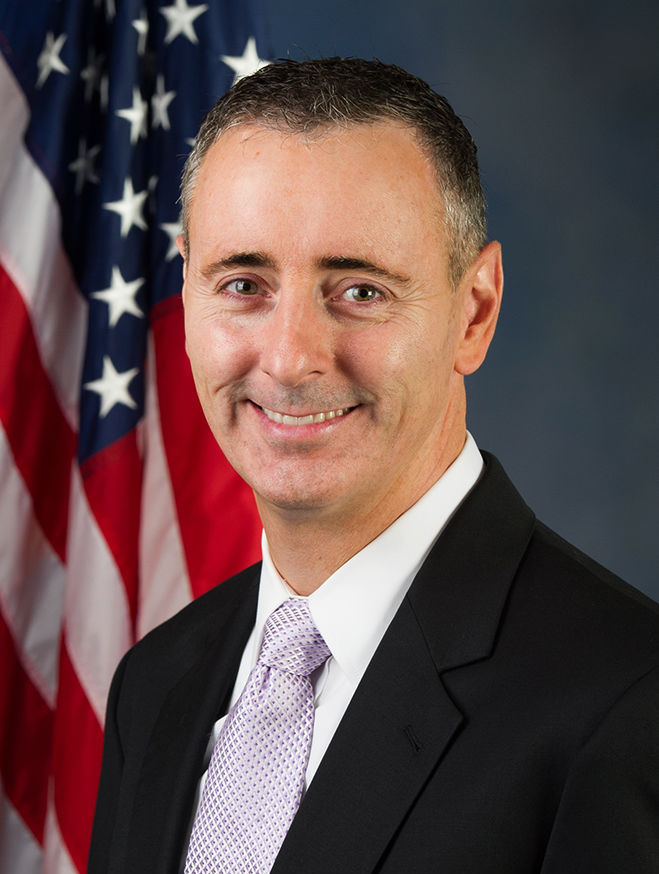
Co-Sponsor
-
TrackJohn Garamendi

Co-Sponsor
-
TrackChrissy Houlahan
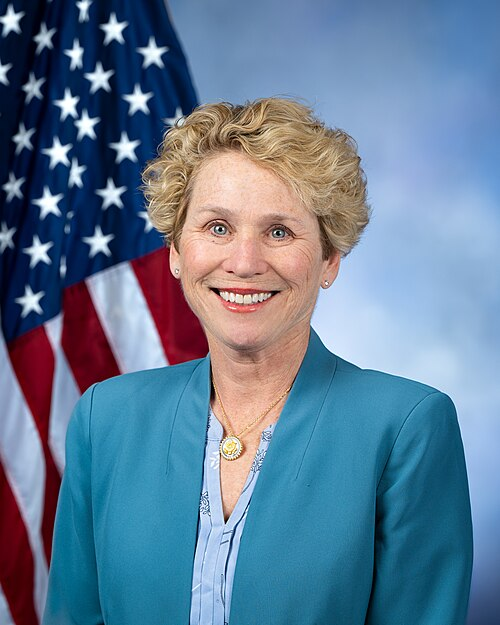
Co-Sponsor
-
TrackJonathan L. Jackson

Co-Sponsor
-
TrackTimothy M. Kennedy
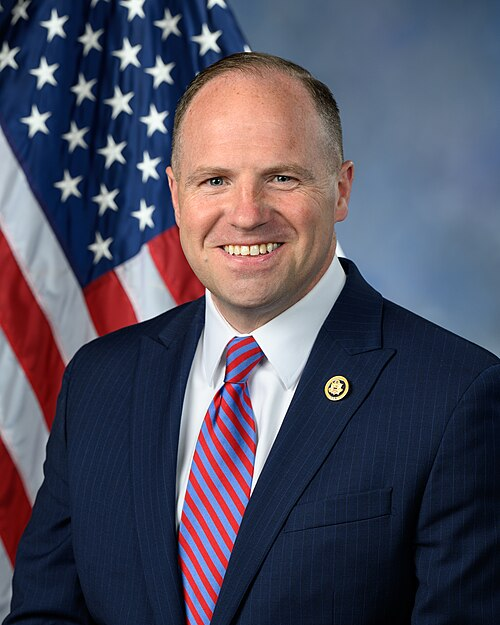
Co-Sponsor
-
TrackDoris O. Matsui

Co-Sponsor
-
TrackGwen Moore

Co-Sponsor
-
TrackJoseph D. Morelle
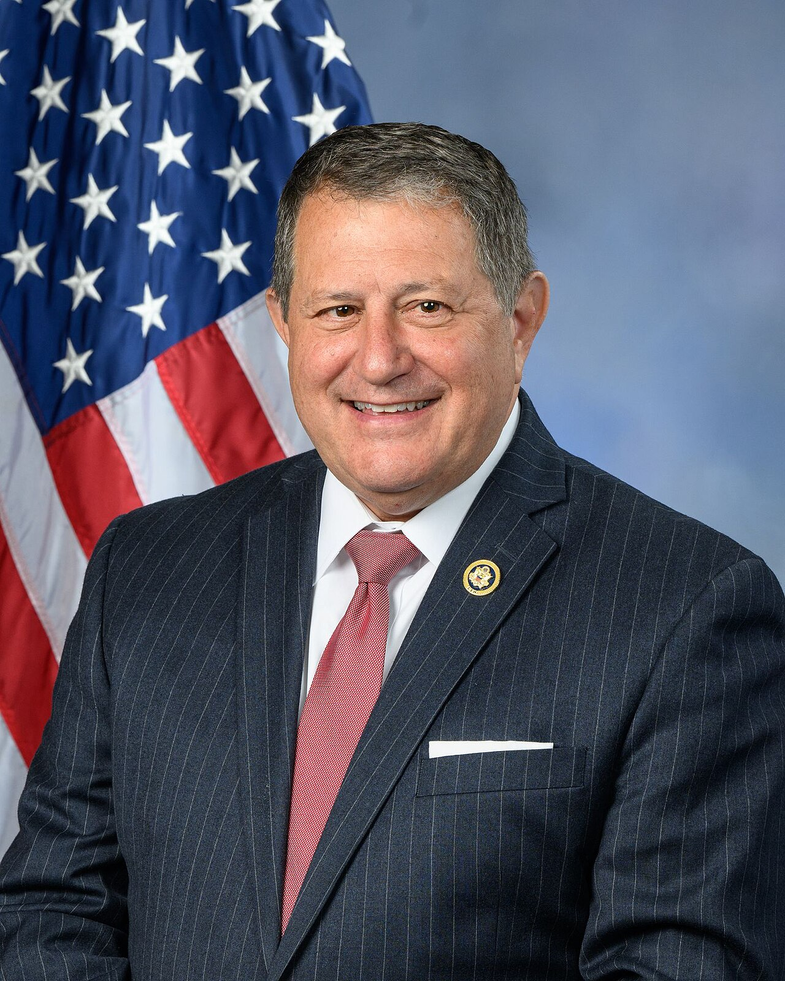
Co-Sponsor
-
TrackJoe Neguse

Co-Sponsor
-
TrackEleanor Holmes Norton

Co-Sponsor
-
TrackChris Pappas

Co-Sponsor
-
TrackJamie Raskin
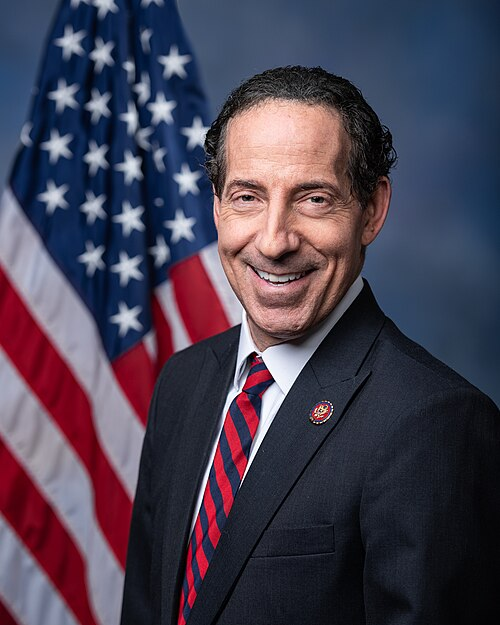
Co-Sponsor
-
TrackDeborah K. Ross
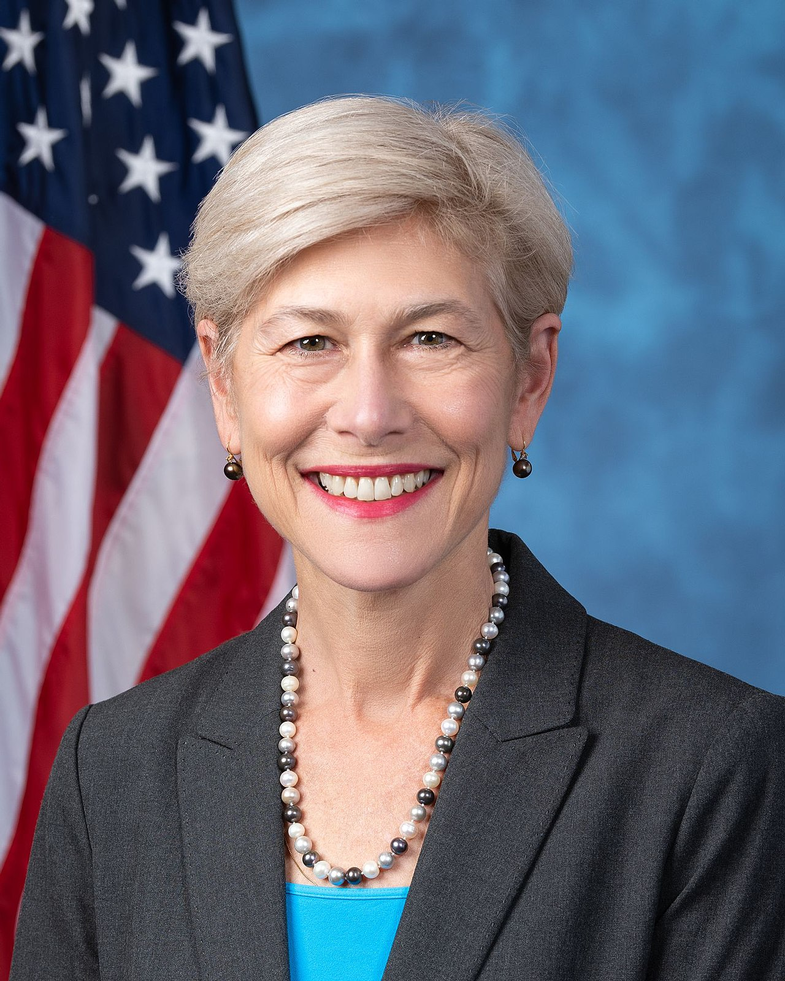
Co-Sponsor
-
TrackAndrea Salinas
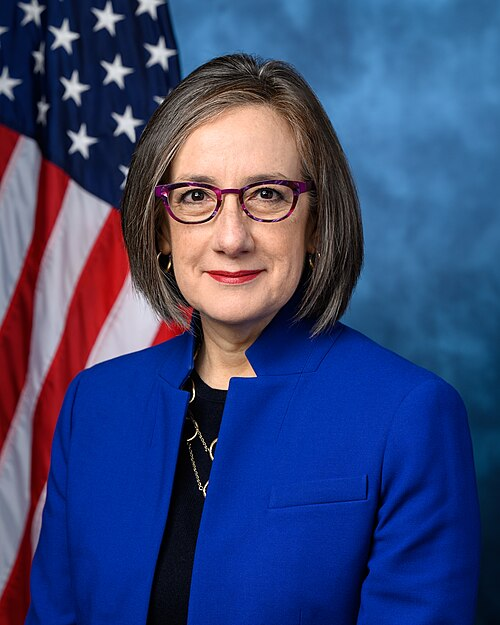
Co-Sponsor
-
TrackEugene Vindman
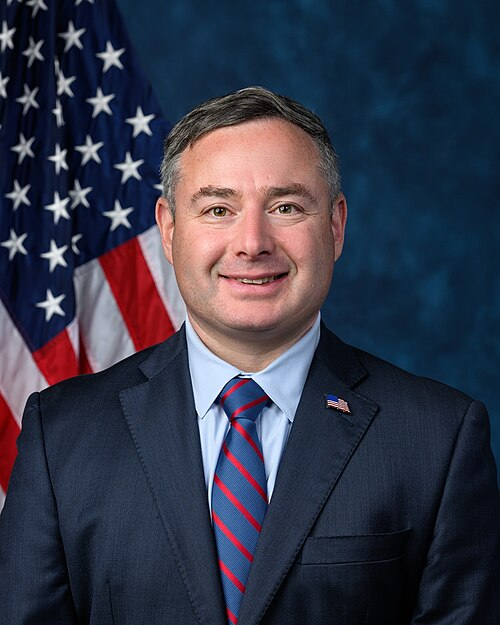
Co-Sponsor
-
TrackJoe Wilson

Co-Sponsor
Actions
2 actions
| Date | Action |
|---|---|
| Jun. 24, 2025 | Introduced in House |
| Jun. 24, 2025 | Referred to the House Committee on Education and Workforce. |
Corporate Lobbying
0 companies lobbying
None found.
* Note that there can be significant delays in lobbying disclosures, and our data may be incomplete.












